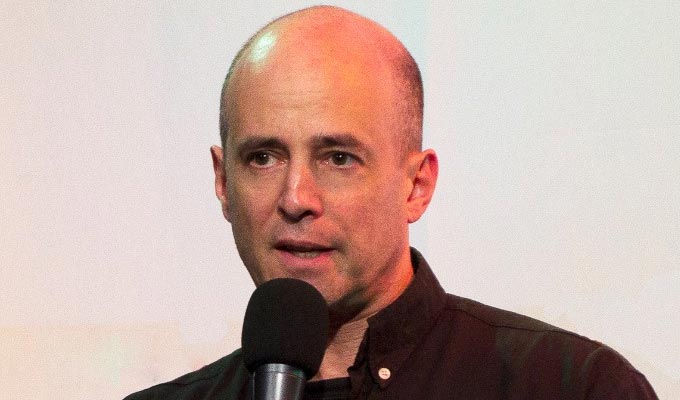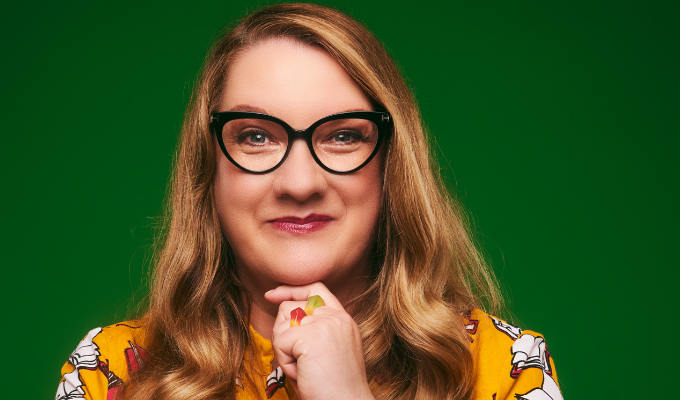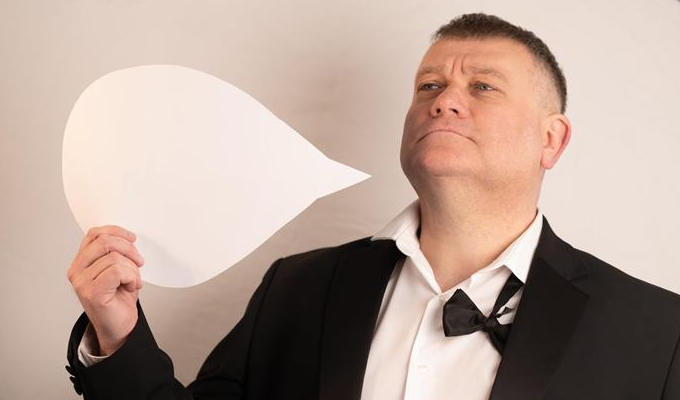
What comedians can learn from sports psychology
Coaching tips could help comics' wellbeing, says Jaz Mattu
Here I am, in the dimly lit car park, bracing myself for a three-hour drive home. The countryside gig I just did? Well, it was... marginal at best. Just as I open my car door, a figure staggers towards me, swaying like a ship in a storm. A man, clearly drunk.
My last car park encounter ended with a slurred hug of support after a lacklustre performance. The one before that, following a stellar gig, led to an unexpected ‘relationship’ offer. Now, this man slurs: ‘That was bang out of order,’ reacting to my misjudged comeback to his heckle. The next five seconds will make or break the situation. I can’t deny it – the hairs on the back of my neck stand on end in anticipation. It's hard to believe, but this is the career I wanted.
The next day, in a chance conversation with a friend, I shared some of these bizarre encounters. Just a brief chat about the rollercoaster of being a stand-up comic, driving across the country from gig to gig. This particular friend, a former college athlete coach in the USA, threw me a curveball. He asked what the goal of the gig was and if I achieved it, what my pre-game ritual was and what I did for stress management.
I countered that stand-up was not, in fact, a sport. We don’t have specific numbers to hit. None of what he just mentioned was applicable. ‘Obviously not,’ he said, ‘but performing live shares similarities with sports. Goal setting and stress management are crucial in athletics.’
It got me thinking. Athletes face immense mental pressure, and sport psychology is a massive field. Could I apply some of that mindset to the unpredictable world of stand-up comedy? If I did, in fact, have set goals, would such car park encounters not have been the focus? But the actually pretty good gig I had just done?
I plunged into biographies of sports legends like Michael Jordan. How did they stay at the top year after year? Suddenly, guides on ‘visualising your future’ and ‘positive self-talk’ didn’t seem so ridiculous. I devoured books, blogs, and YouTube videos on visualisation techniques, performance reflections, and giving myself a ‘half-time team talk’.
In comedy, we mostly learn on the job. Unlike athletes, we don’t have a decade of structured training to become professionals. We’re not singled out at an early age; we don’t have to make the cut. We don’t have a physical prime. We can keep performing until we drop.
On stage, we expose our deepest selves, seeking approval, validation, and connection. Sometimes it clicks; other times, it’s crickets. Rejection, silence, and underperformance happen regularly, especially during intense runs like the Edinburgh Fringe.
It takes an emotional toll, no doubt.
To clarify, and to avoid the social media meme ‘men would rather read about Andre Agassi’s pressure management than go to therapy’—yes, if you are truly struggling, go to therapy!
Am I facing the same pressure as a basketball player in the final seconds of a game? No. Am I a boxer getting off the canvas? Of course not. Am I a LinkedIn guru drawing life lessons from Roberto Baggio’s missed 1994 penalty? I hope not.
But tools like visualisation, goal-setting, self-reflection, and positive self-talk have helped me immensely. They might help you too.
I’ll give you an example of this in action.
Recently during a new set piece I was trying out, I threw real money on the floor. Five-pound notes sprinkled towards the floor around me, just like in the Crystal Maze. I used real money as I felt as though it added a real risk into the room. Which in hindsight was a terrible move, given that someone saw that it was real money and decided to run off with it. As in, bundle me out of the way, grab the money, run towards the door, leave the venue.
In that split moment, with the crowd laughing then going into ‘oh wow did that just happen’ mode… I said to myself ‘well all you wanted to do was try that bit out, you have, now move on to the next one’. I addressed the situation, then continued with the show. A few minutes later, the guy came back inside the venue, with my £5 note. A few ad-libs later, everything had been resolved.
Previously, that would have been the gig over for me. There would have been no coming back from that.
Maybe some of you would chalk that up to more experience, being calmer or more confident on stage, knowing how to deal with things etc. I think personally all the prep I’ve been doing helped me in that moment. Least of all afterwards, where instead of dwelling on that heckler/thief, I just focused on the fact that I tried that new ‘money bit’ out.
In recent years, there has been a significant move towards comedians talking openly about the emotional toll comedy has taken on them. Entire shows have been dedicated to people detailing what they did and how things worked out for them. However, perhaps some sort of guide is needed for comedians, instead of all the ad hoc advice and whispers.
Perhaps even a year-round hotline for comedians to call, similar to Health in Mind, a support network that the Edinburgh Fringe works with, could be established. This initiative is part of their effort to support the well-being of performers during a festival run. It certainly would have helped me over the years. Even musicians have their own dedicated support network in Music Minds. Why not comedy?
Overall, comedy is a marathon, full of highs and lows. I believe mindset is crucial. Drawing from sports psychology and performance psychology has been a game-changer for me. Even wisdom from the arts themselves is invaluable. How could I write this without mentioning Samuel Beckett’s great quote, ‘Ever tried. Ever failed. No matter. Try again. Fail again. Fail better.’ Find your own path and keep moving forward.
After all, this is what I wanted.
• Jaz Mattu Returns is at the Just The Tonic at The Caves at 6.40pm during the Edinburgh Fringe
Published: 16 Aug 2024






